Texan Local Advocates Put Couches and Potted Plants in Parking Spots
Occupied parking lot spaces on Parking Day in Denton, TX. (Source: Stronger Denton.)
Like most cities throughout North America, Denton, Texas, finds its growth bound by parking requirements. To raise awareness of how parking minimum laws affect a city’s fiscal resiliency and overall well-being, the Local Conversation group Stronger Denton partnered with at least 16 different local organizations to overtake downtown curbside parking.
Each year on Parking Day, coveted curbside parking spaces are claimed by couches, games, potted plants, information tables, and conversations about Denton’s future.
“[Parking day is] just a great opportunity to be present and talk through these things,” said Stronger Denton conversation leader Eric Pruett.
Denton advocates have participated in the nationally recognized Parking Day for many years, but it’s only been in the past two years that Stronger Denton and so many other groups have been involved.
“We were parked right in front of the restaurants and coffee shops,” said Sean Norton, planner and creative with Antero Group, a civil engineering firm that also set up an information table at the Parking Day event. “We were kind of thinking some folks may be very upset. This is on a Friday, during the lunch hour … but we said hey, come on. Have a seat. Have a chat, and we'll discuss what we're doing here."
As locals began to wander around downtown, some carried their lunch out to one of the many temporary outdoor seating spaces. During the event, people learned about Denton's parking laws, its history, and the harm an overabundance in parking can cause.
“My favorite part [of the day] was talking to folks who had no idea,” said Michael Schmitz, principal of Antero group. “When folks came up and asked ‘What are you doing? Why are you occupying this space?’ We had the opportunity to really tell them: ‘Oh, you can reimagine this space.’”
The reality is, parking requirements affect everyone. Lauren Fischer, assistant professor of Urban Planning and Policy at the University of North Texas, reflected on this as she recalled the number of different groups that popped up in parking spaces. Affordable housing groups, bike advocacy groups, revitalizing downtown groups, and more all shared a commonality in wanting to reimagine what Denton could be if the municipality were more lenient with its parking laws.
How Do Parking Minimums Affect a City’s Fiscal Growth and Overall Well Being?
Parking mandates limit the growth and flexibility of businesses, homeowners, and renters.
For example, parking minimum laws create higher costs for housing, as it creates another expensive hurdle to develop affordable homes. It also makes rent higher for residents who don’t have a car, as shared by one affordable housing group at the Parking Day event. On a board with many facts on how parking affects housing affordability, one paper said the costs to meet off-street parking requirements can account for nearly 20% of a person's rent.
Poster board with facts on how parking mandates affect affordable housing. (Source: Stronger Denton.)
A city’s parking regulations also contribute to the barriers new businesses face. Anytime an entrepreneur wants to build a new establishment within the city, they’re lawfully obligated to provide a certain number of parking spaces. These requirements greatly affect smaller businesses, which can’t always afford to create cement slabs that return little to no profit (for them and the city).
Additionally, extra parking costs the public in infrastructure maintenance fees, and demands the use of valuable land without returning public investment.
Read more on the harm parking mandates can cause: “3 Major Problems with Parking Minimums” and “Toronto’s Curbside Parking Made 49 Times More Money Than the Parking They Replaced.”
A Great Opportunity
As part of the event, Fischer’s university students manned one of the information tables hosting a trivia game focused on Denton’s parking requirements. Most people don’t often think about parking laws, and even more don’t know exactly how much parking is required. Including, the students discovered, local city officials.
“[The students] kept stumping the elected officials and the other faculty that came by about parking regulations,” Fischer said. “We had a trivia game where people answered questions on parking. It was a great way to get some of those ‘aha’ moments where people were like, ‘No, we don't require that for a house, do we?’ And then it opened up this great opportunity to be like, ‘Oh, how can we do things differently?’”
Denton County is one of the fastest-growing counties in the United States. The county surpassed the threshold of 1 million people this January, demonstrating a 3.2% growth in the past year. With an estimated average of 86 people moving into the region a day, this is a prime moment for cities (like Denton) to reimagine the way they are built.
By reimagining how parking functions in a city, and removing parking minimums, cities can create not only more fiscally resilient environments, but also a more people-friendly core that better serves its residents.
“This is a once-in-a-lifetime opportunity to do this right,” said Fischer. “To make sure that we're making the most out of our limited land resources and to make sure that we're giving people access and opportunities going forward. … What a fantastic opportunity.”


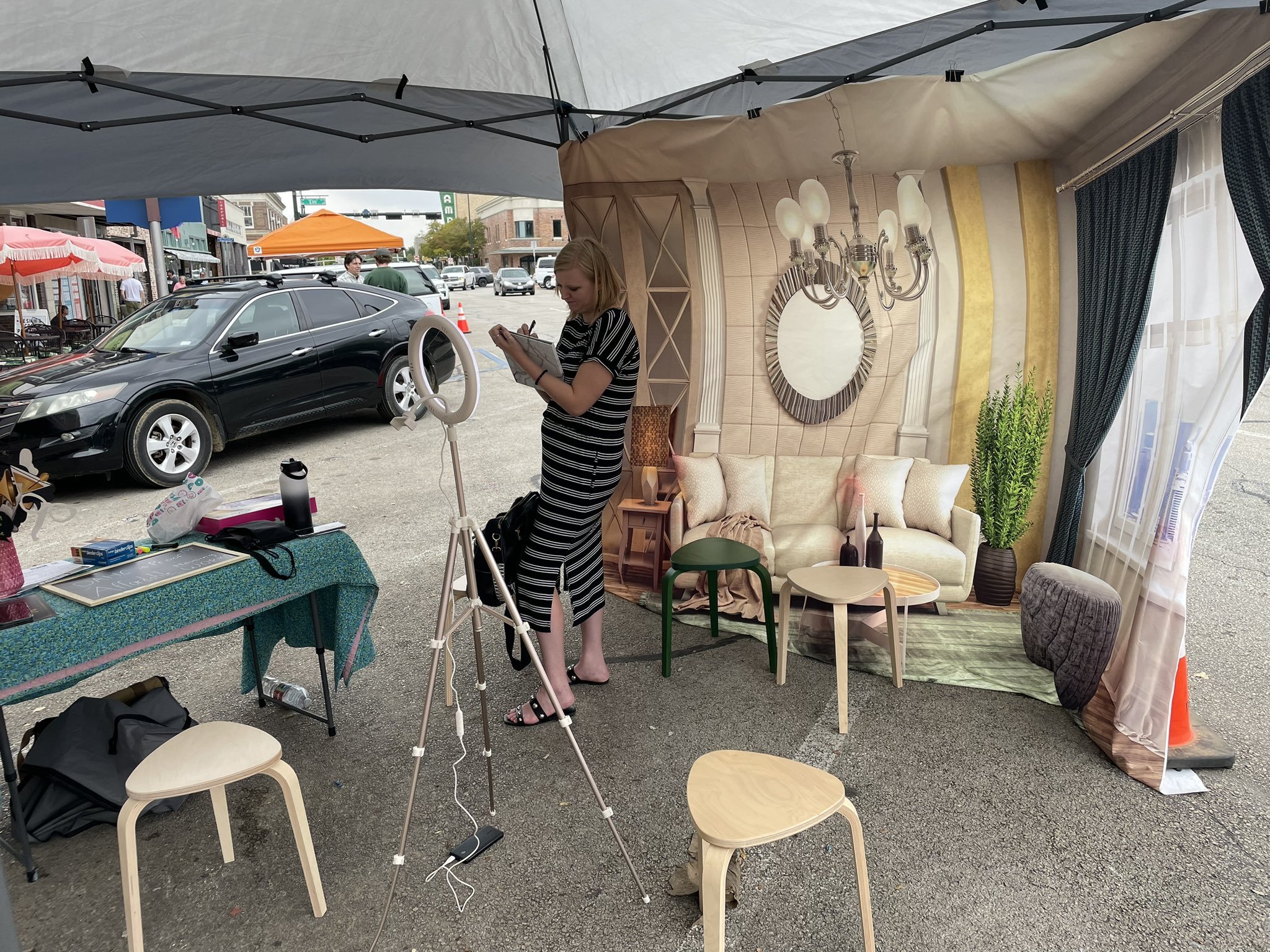

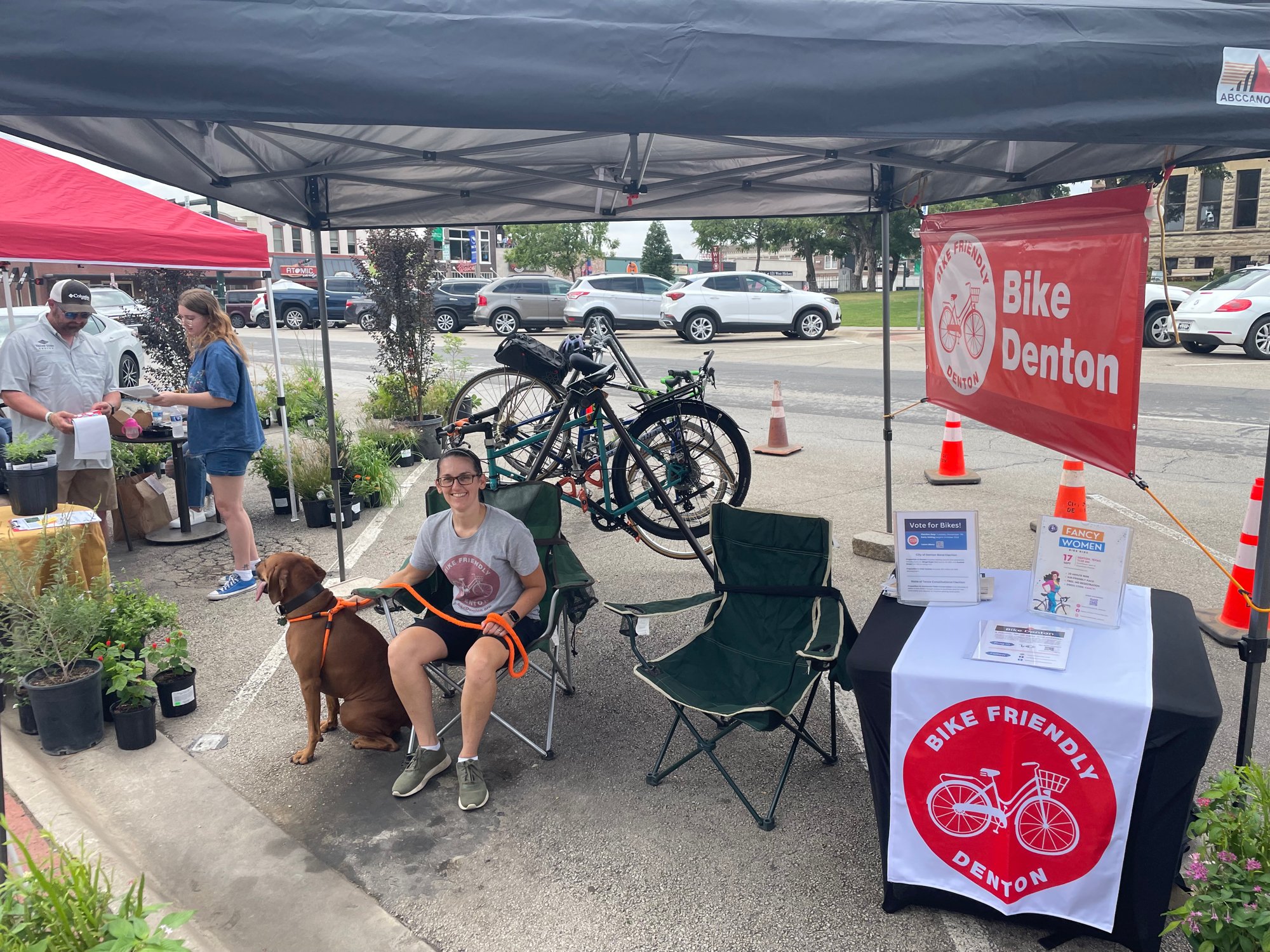
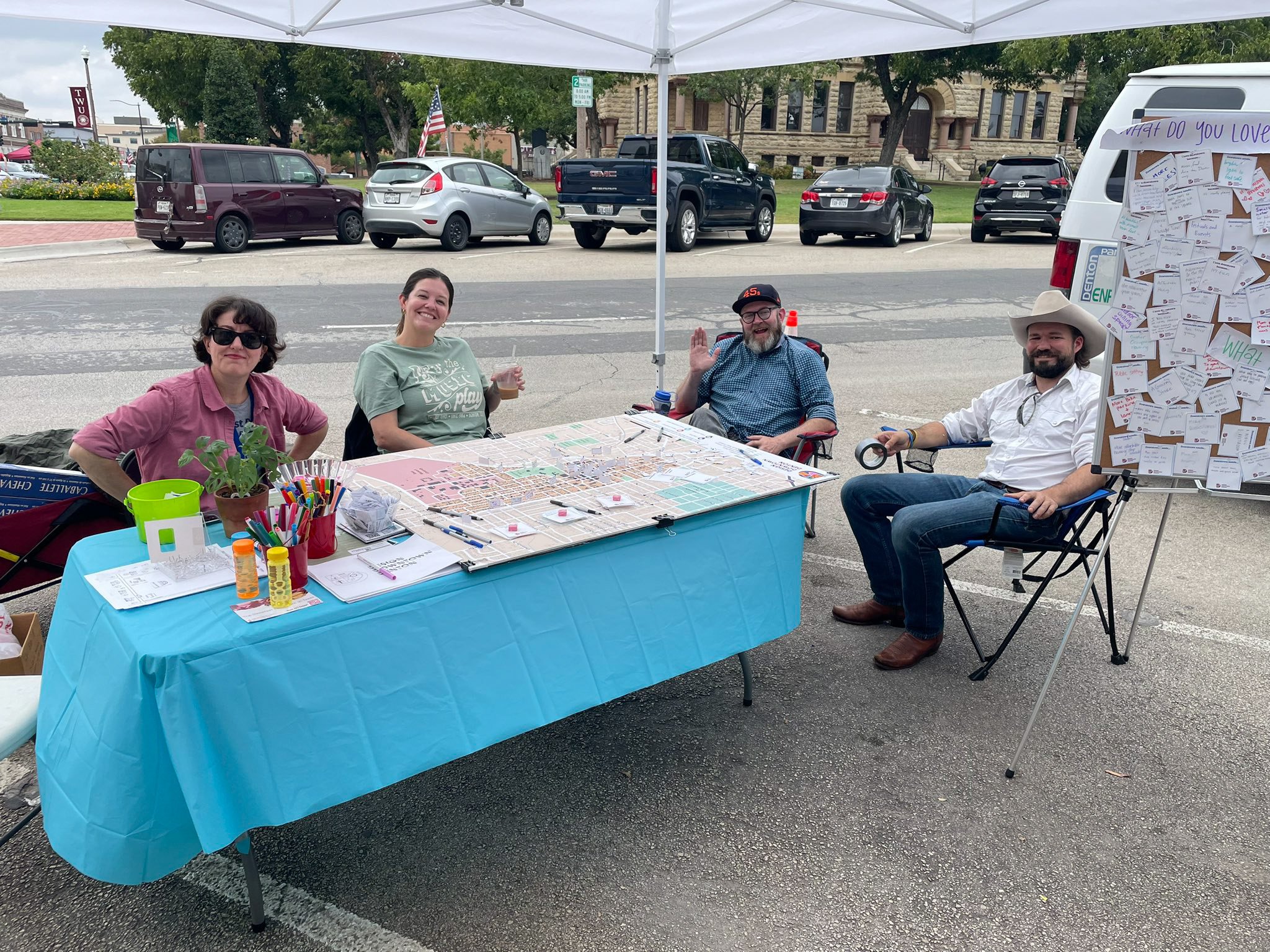
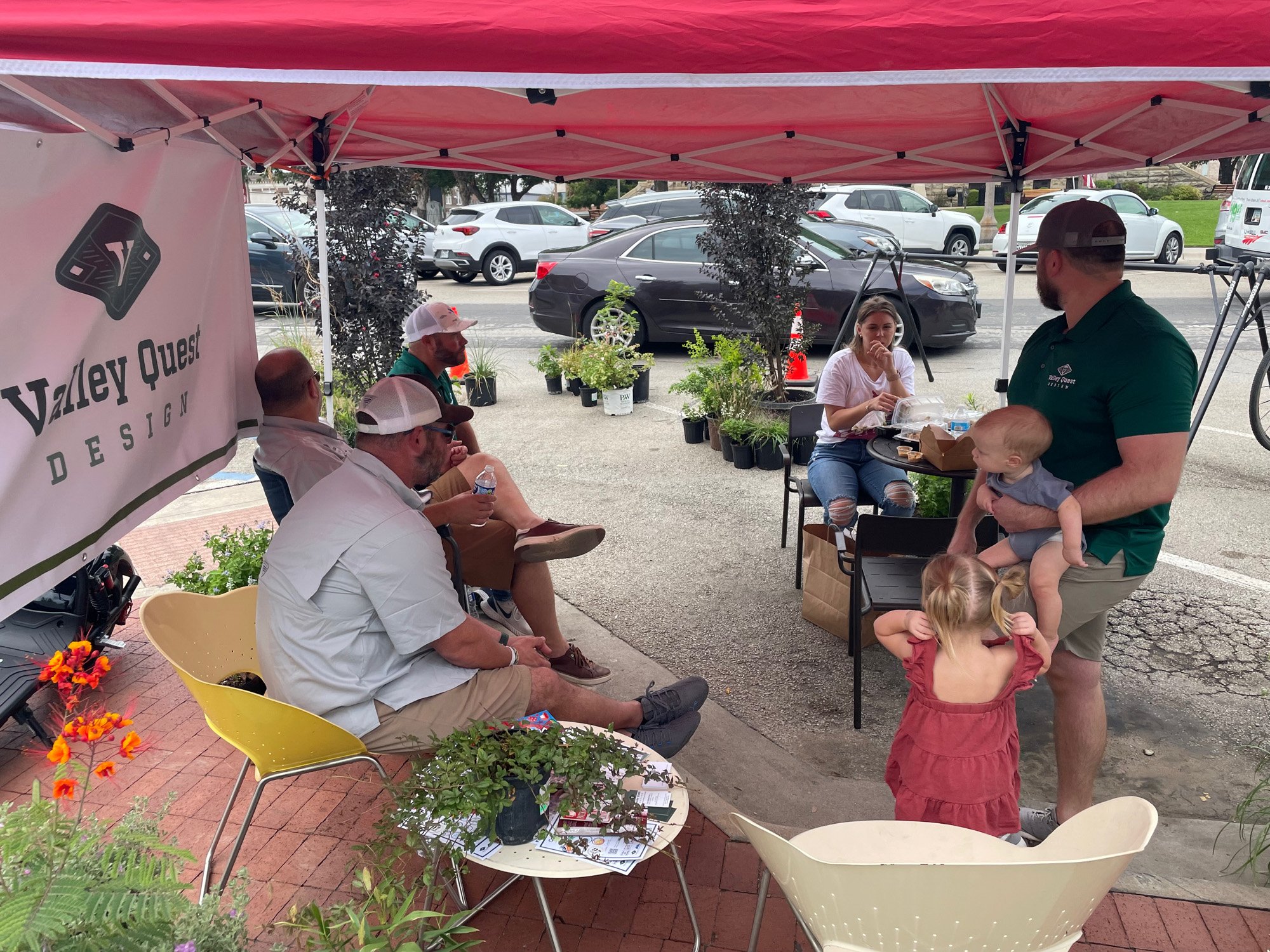

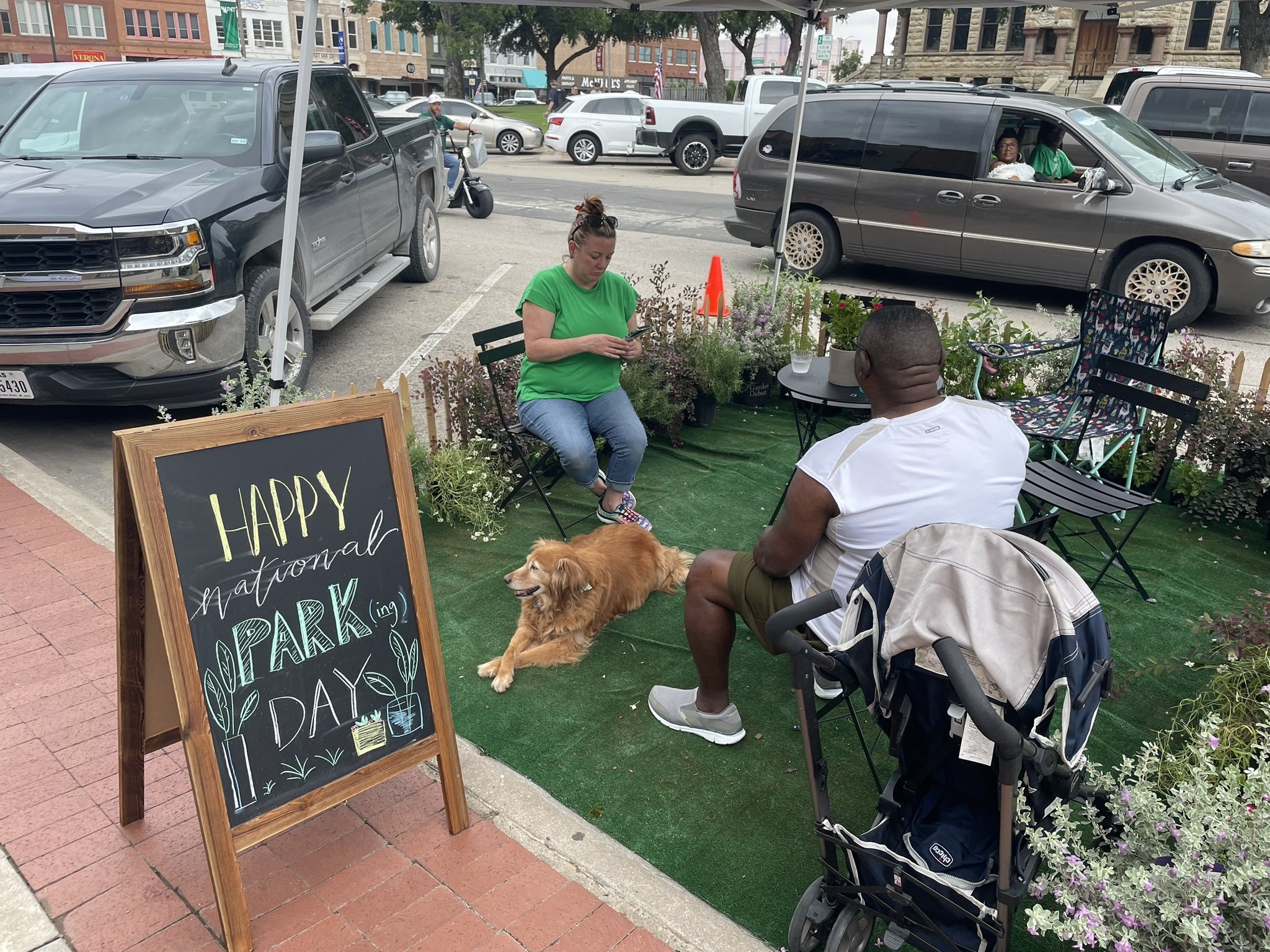
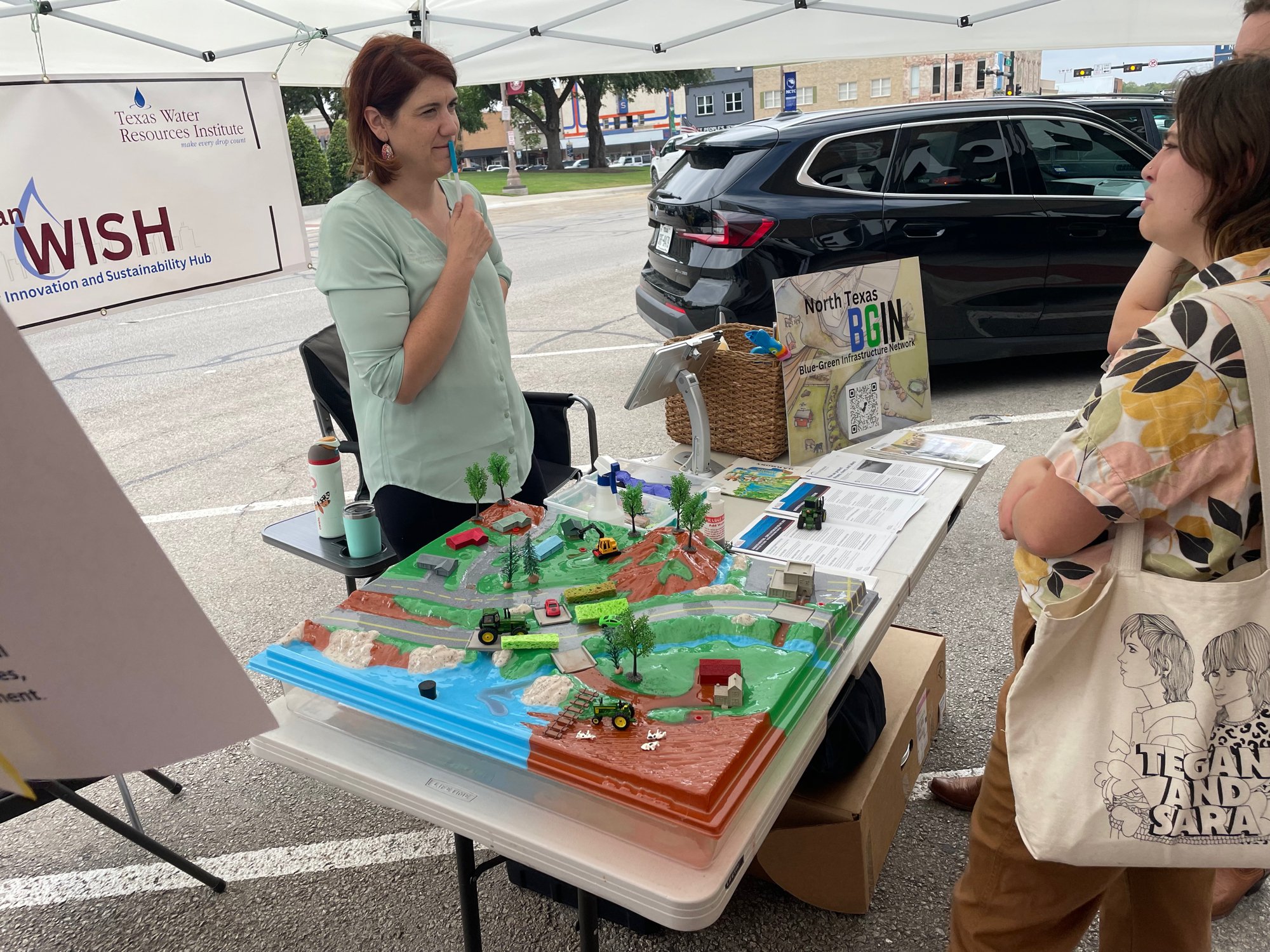
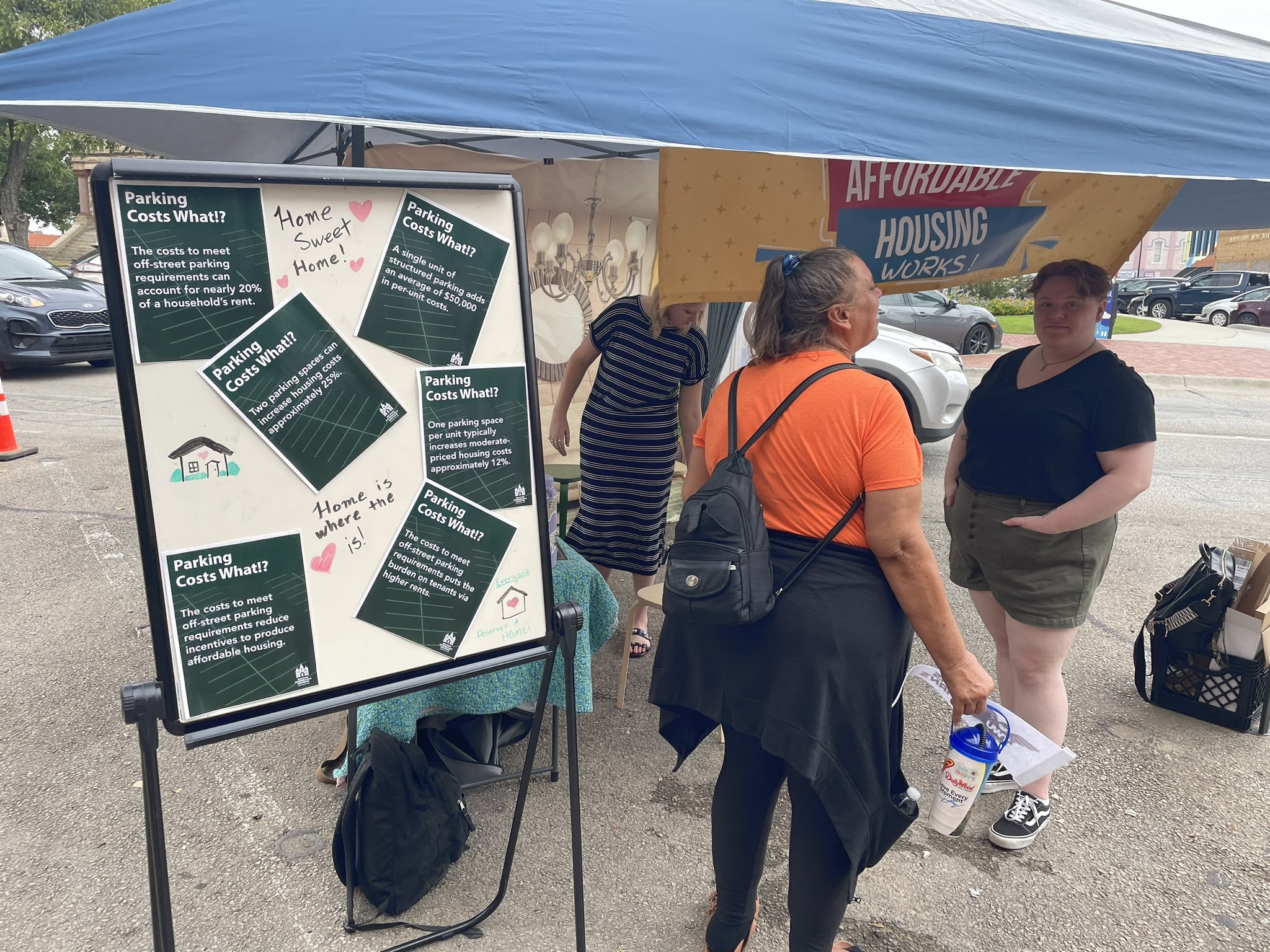




Seairra Jones serves as the Lead Story Producer for Strong Towns. In the past, she's worked as a freelance journalist and videographer for a number of different organizations. She currently resides between small-town Illinois and the rural Midwest with her husband, where they help manage a family homestead. When Seairra isn’t focusing on how to make our towns stronger, you can find her outside working on the farm, writing fictional tales in a coffee shop, or reading in a hammock.